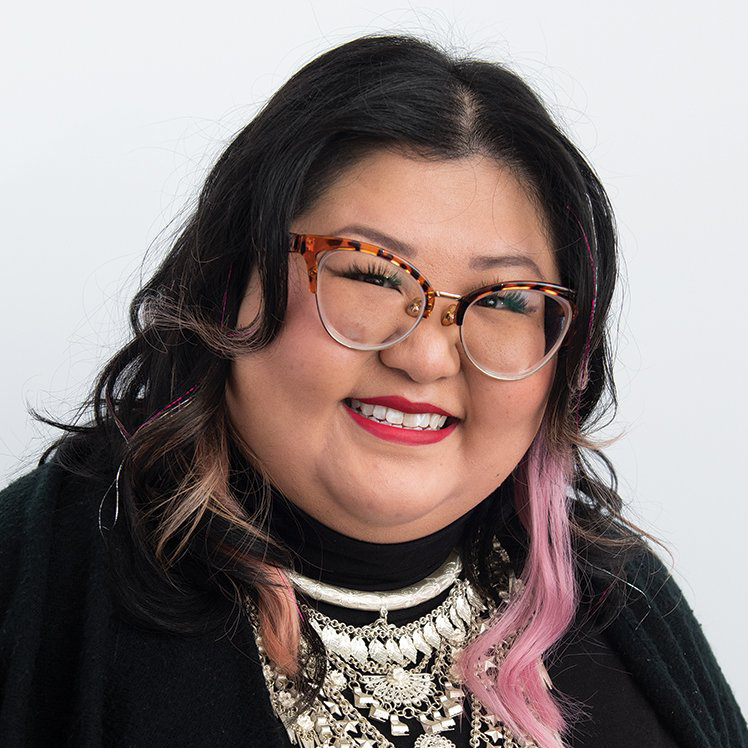Editor’s note: To usher in the new year, we asked more than a dozen women who live across the state to write about their hopes, dreams, and things to keep in mind for women’s advancement and gender equity. Read the full collection of columns here.
By Christine Her

Five years ago, I turned 27 and was promoted to executive director of ArtForce Iowa. In my first few years, ArtForce Iowa had many trauma-filled experiences. The pressure to create a sustainable nonprofit with little executive director experience was heavy. The staff was small but mighty. The youths were, and continue to be, resilient and brave, but I knew young people needed more than just a space to make art. I knew the grown-ups in our community needed more too.
We were all surviving our own traumas.
I remember when we jumped into trauma-informed care and how exciting it was to know that the five guiding principles of safety, trustworthiness, choice, collaboration and empowerment were already practiced in our workshops.
We continued jumping in and learned more about adverse childhood experiences (ACEs) and how these experiences might negatively affect the health and well-being of young people when they reach adulthood. We learned about the brain science of connections and how positive connections can buffer the effects of trauma.
We knew the way we did “business as usual” was unique. It was normal for us to say “I love you” and “I care about you” to each other. We knew what we were doing worked, but we were still figuring out how.
Learning about trauma-informed care, ACEs and Connections Matter was important to our growth, but something was missing.
In 2018, I read “The Future of Healing” by Dr. Shawn Ginwright. Everything clicked. This was the explanation of how. The way we engaged with each other and the young people was rooted in hope, love, joy and justice. It was healing-centered.
As the healing-centered engagement approach was being defined and researched in the Bay area, we were on a similar pathway right here in Des Moines. Healing-centered engagement is an approach developed by Ginwright based on more than 30 years of research and practice with young people, schools, probation departments and social workers.
It is an asset-based and culturally rooted approach to healing and well-being for young people and their adult allies. It recognizes that trauma is occurring collectively within our communities, not as isolated incidents, and views individuals exposed to trauma as agents in creating their own well-being.
Ginwright writes, “Much of our training and practice is directed at young peoples’ healing but rarely focuses on the healing that is required of adults to be an effective youth practitioner. Healing is an ongoing process that we all need, not just young people who experience trauma.”
I care about what happened to you, but I believe we are more than our traumas. I also believe our healing is tied to each other. So I won’t ask you what happened.
Instead, I want to know who you want to be. What’s giving you hope today? What’s right with you?
Christine Her is the executive director of ArtForce Iowa, a nonprofit that creates opportunities for youths to transform through art. She is a proud Hmong-American and works to celebrate her own identity while also honoring and uplifting the identities of those around her.


